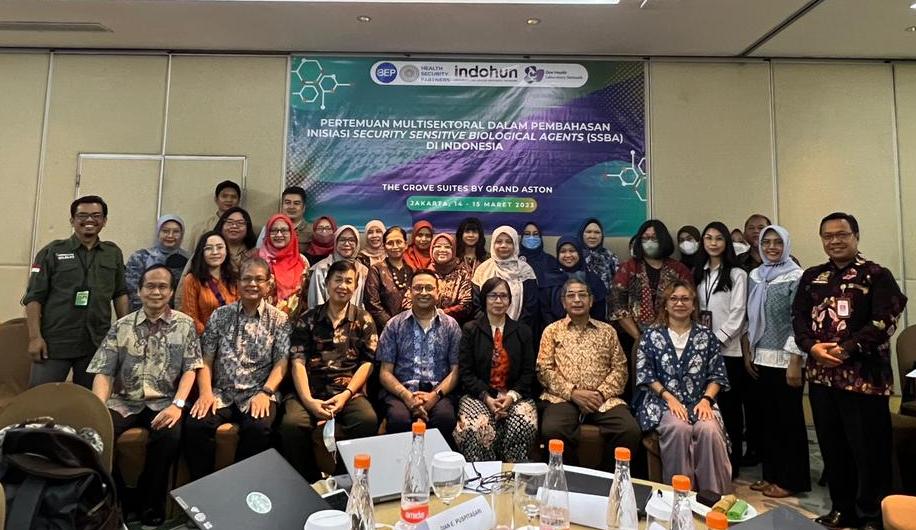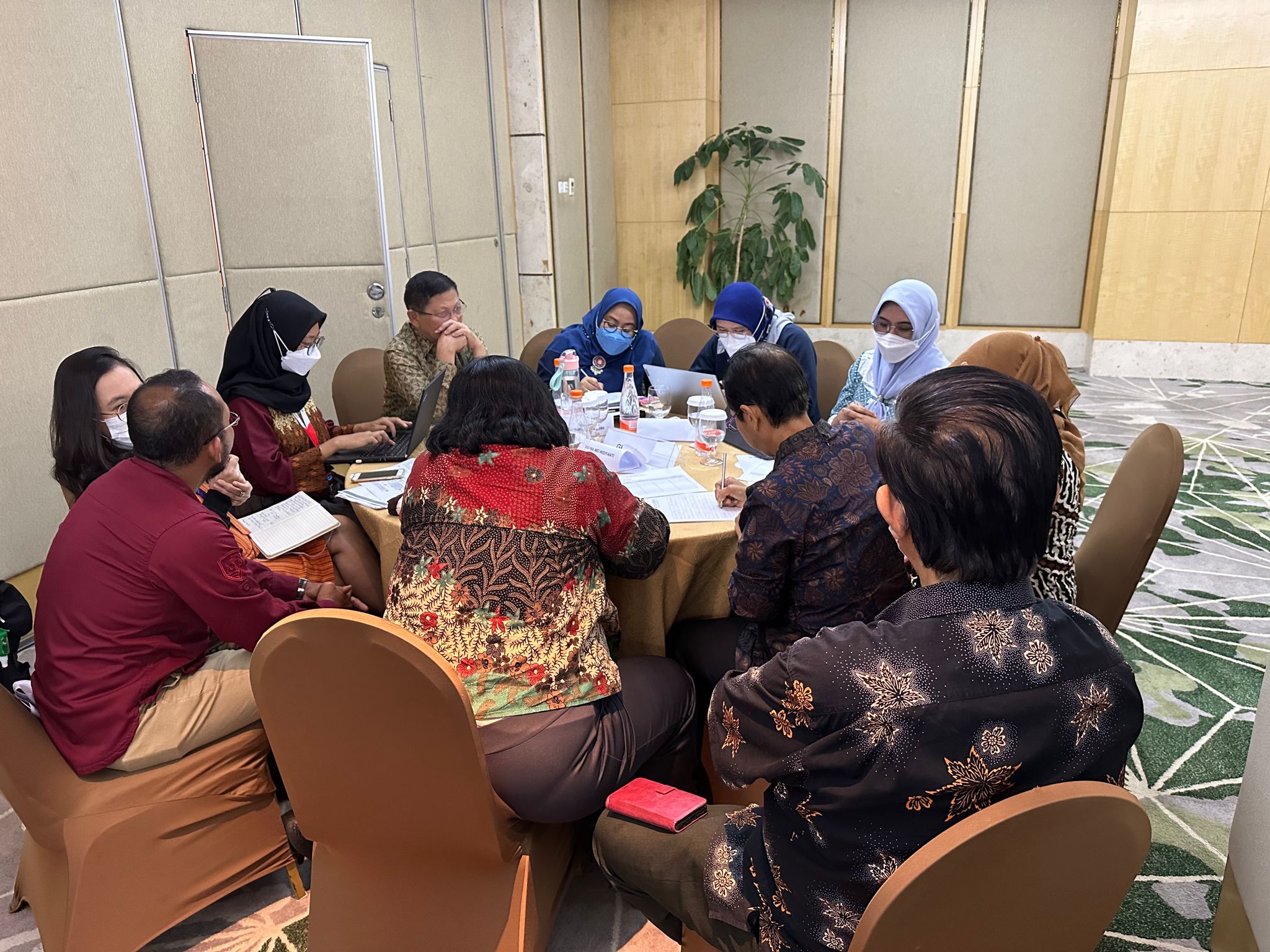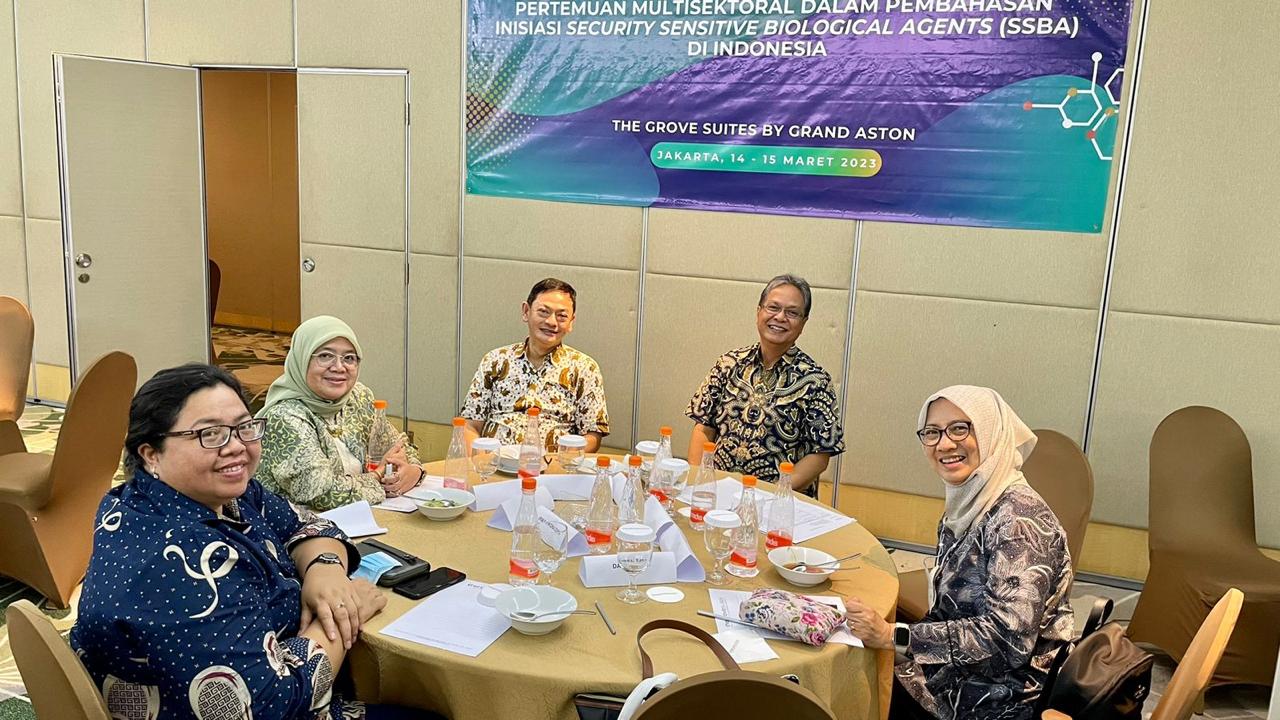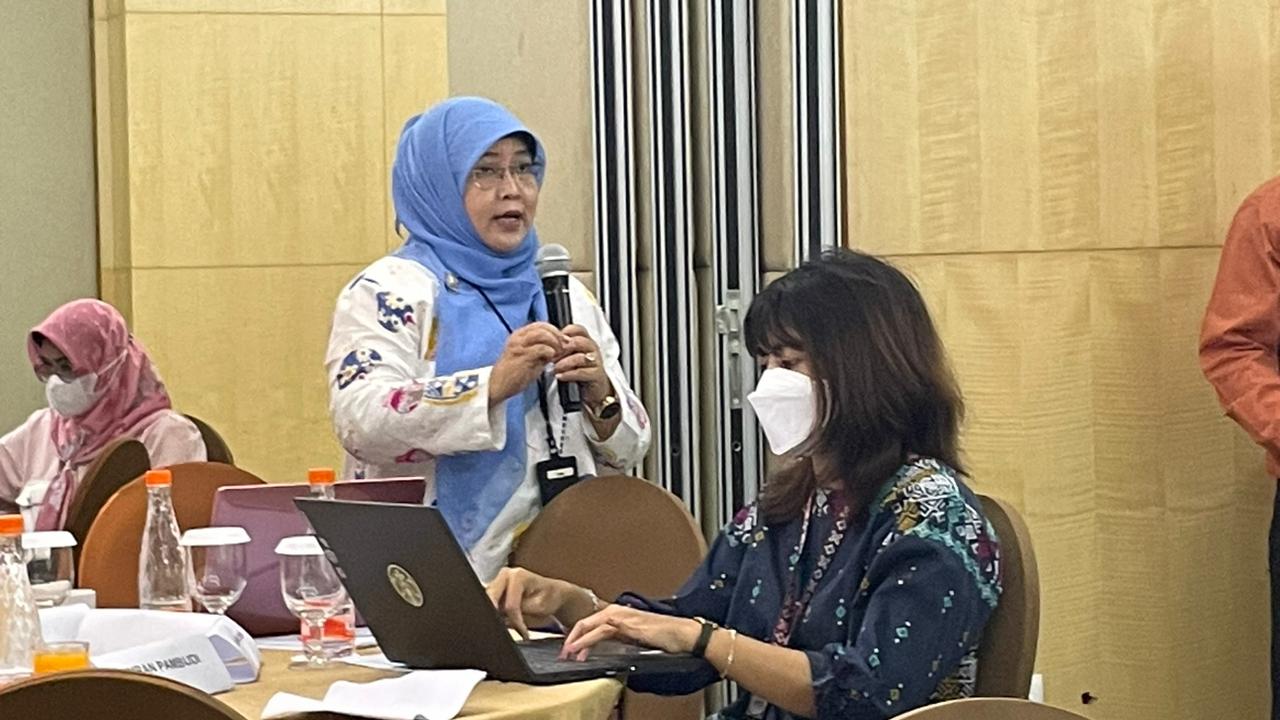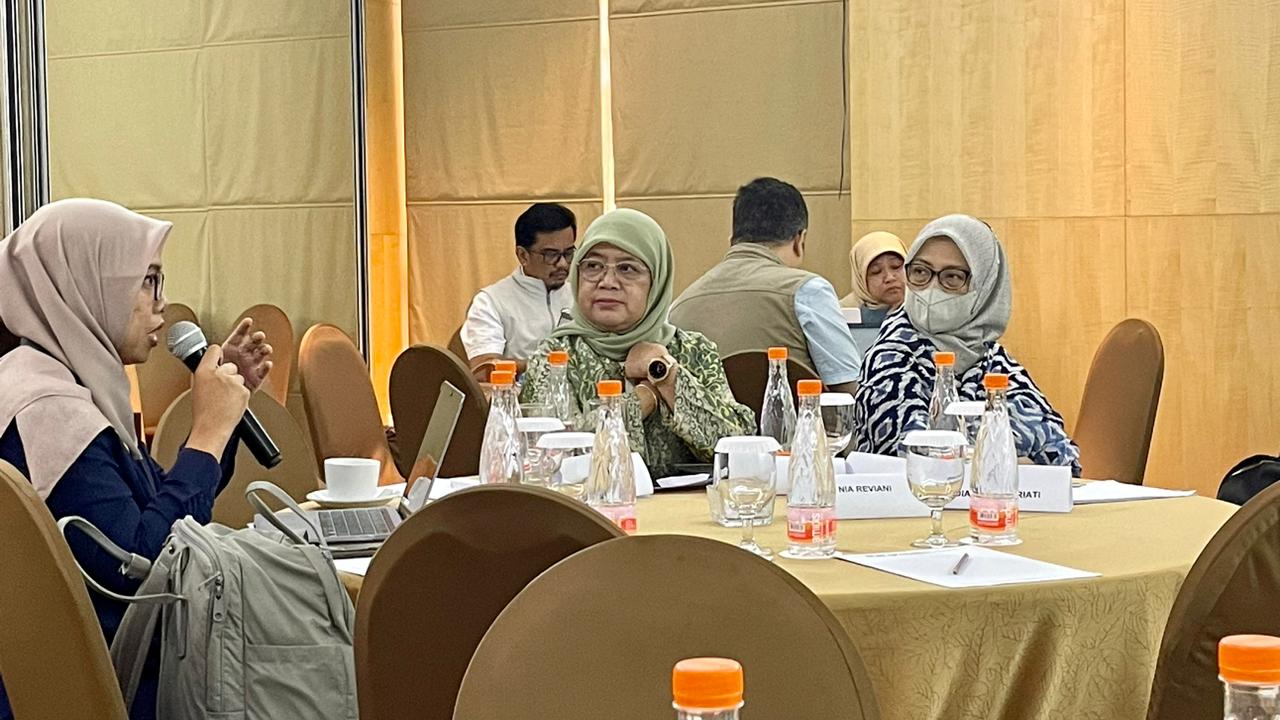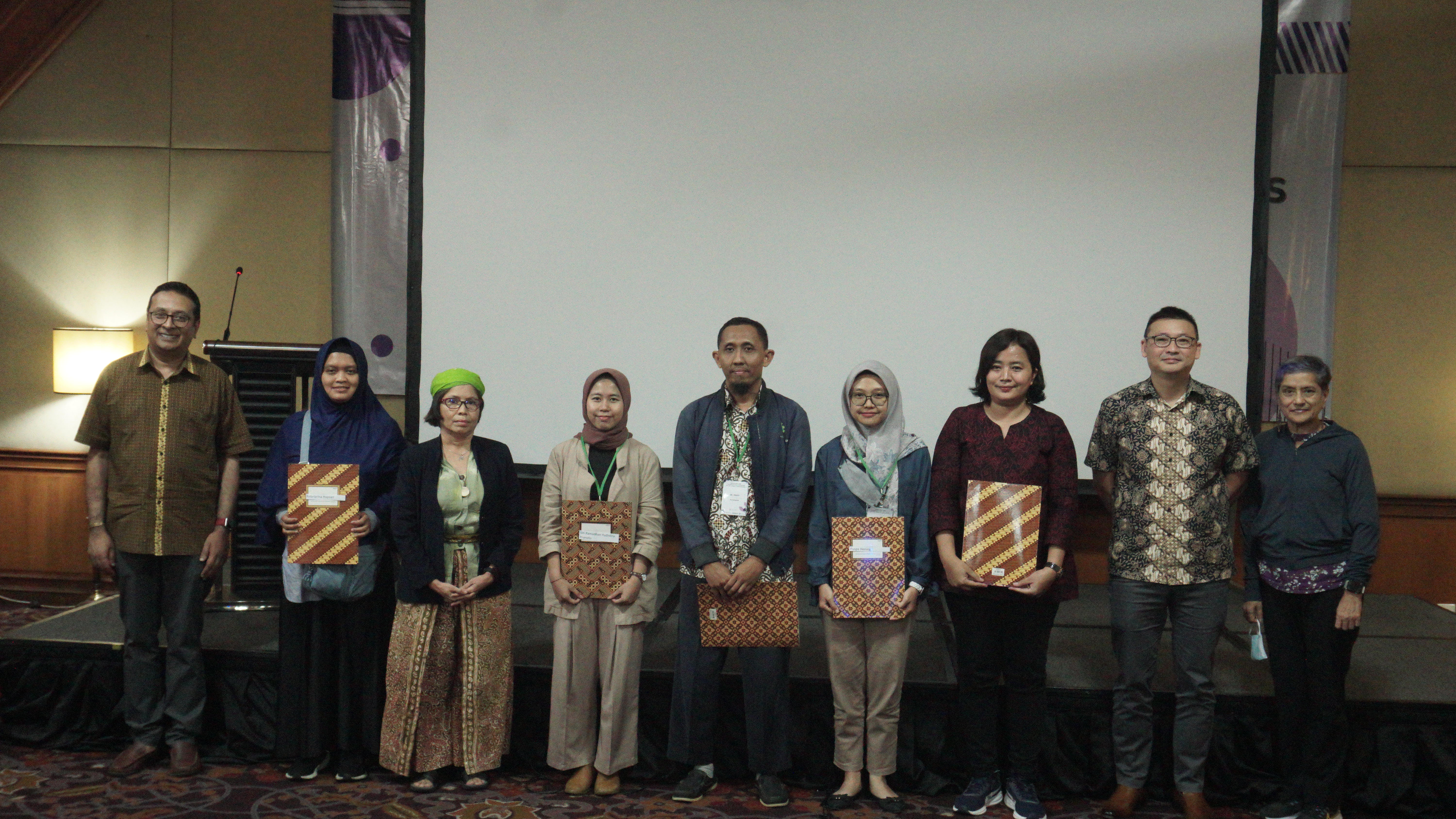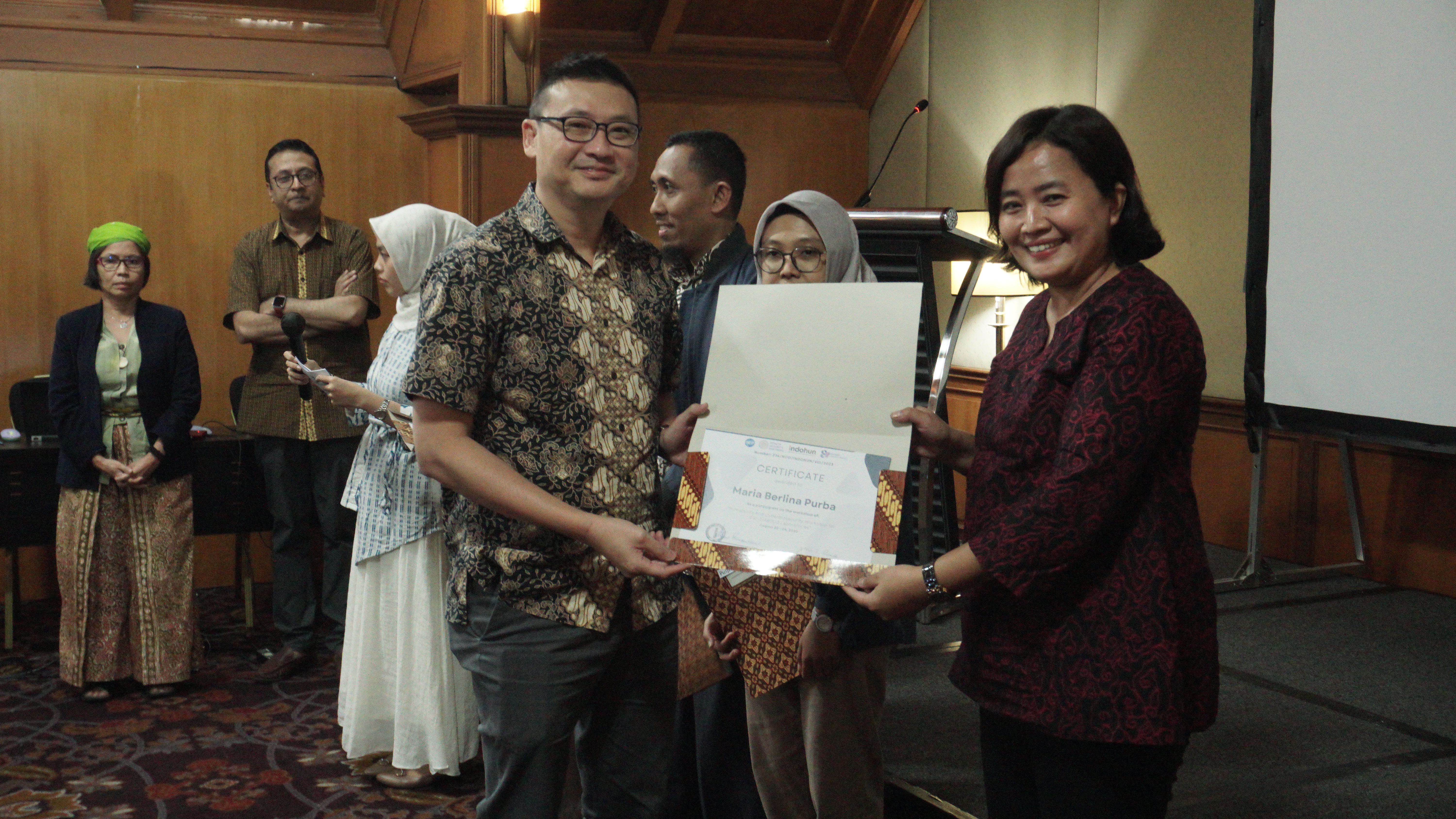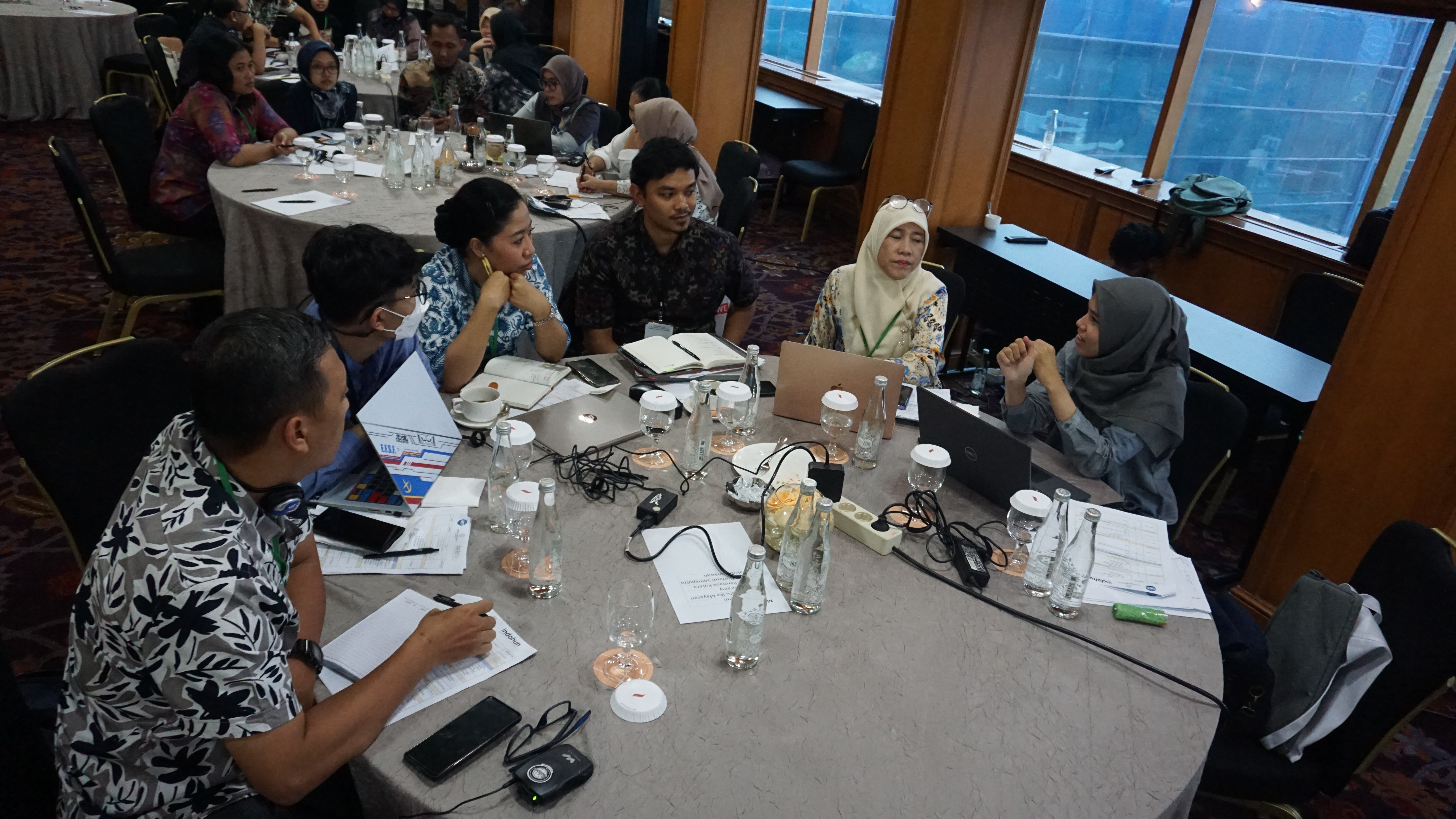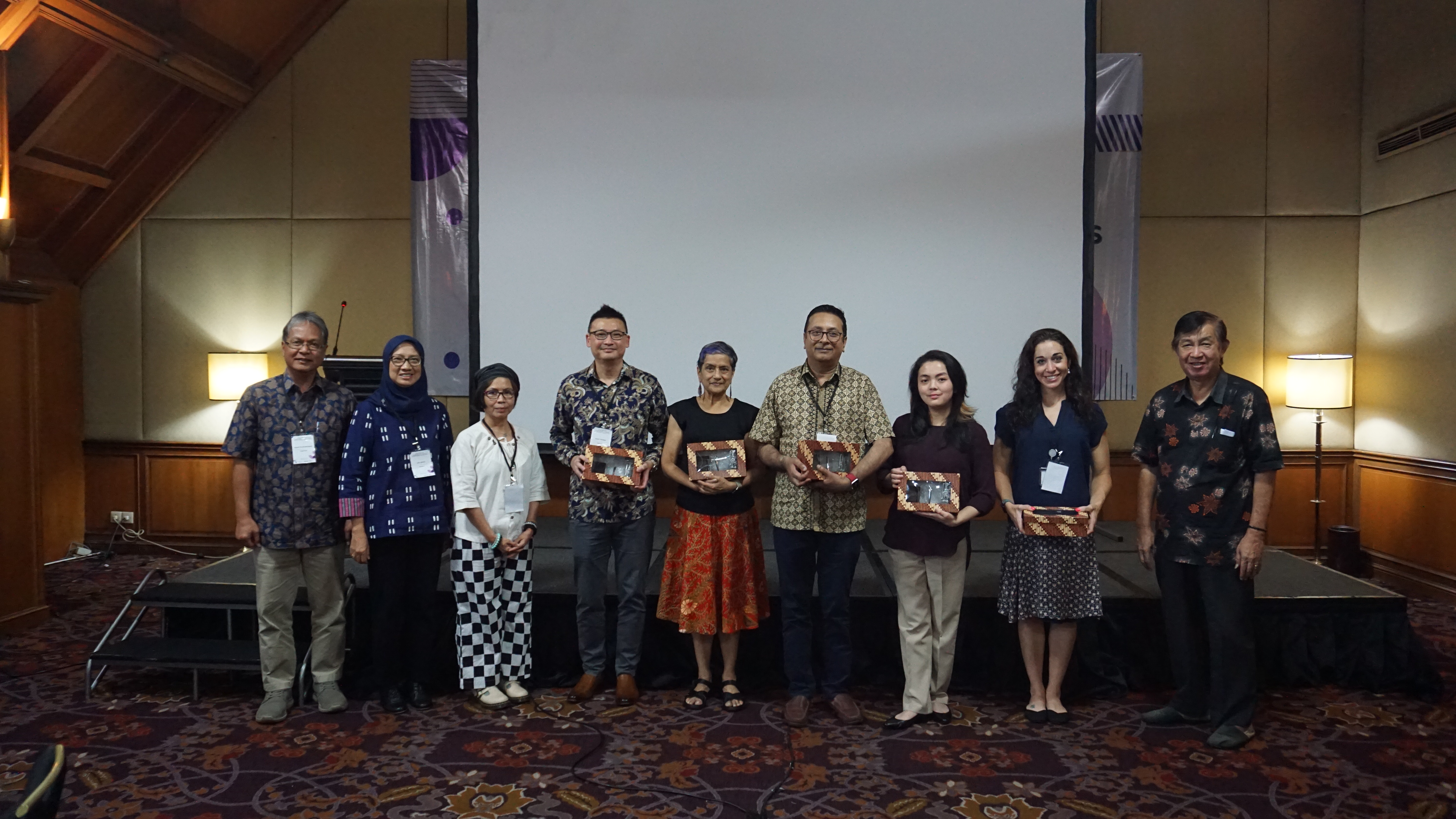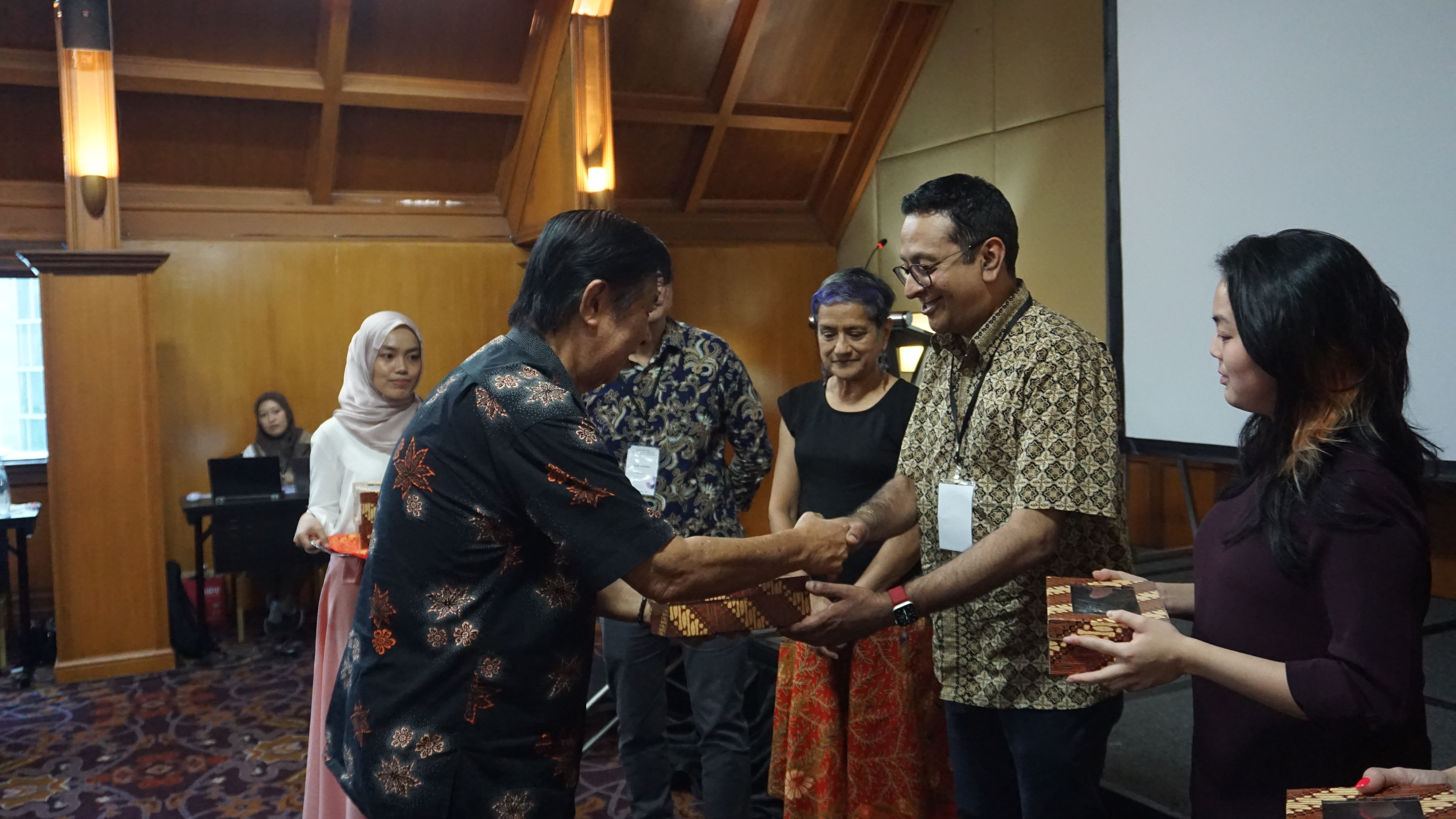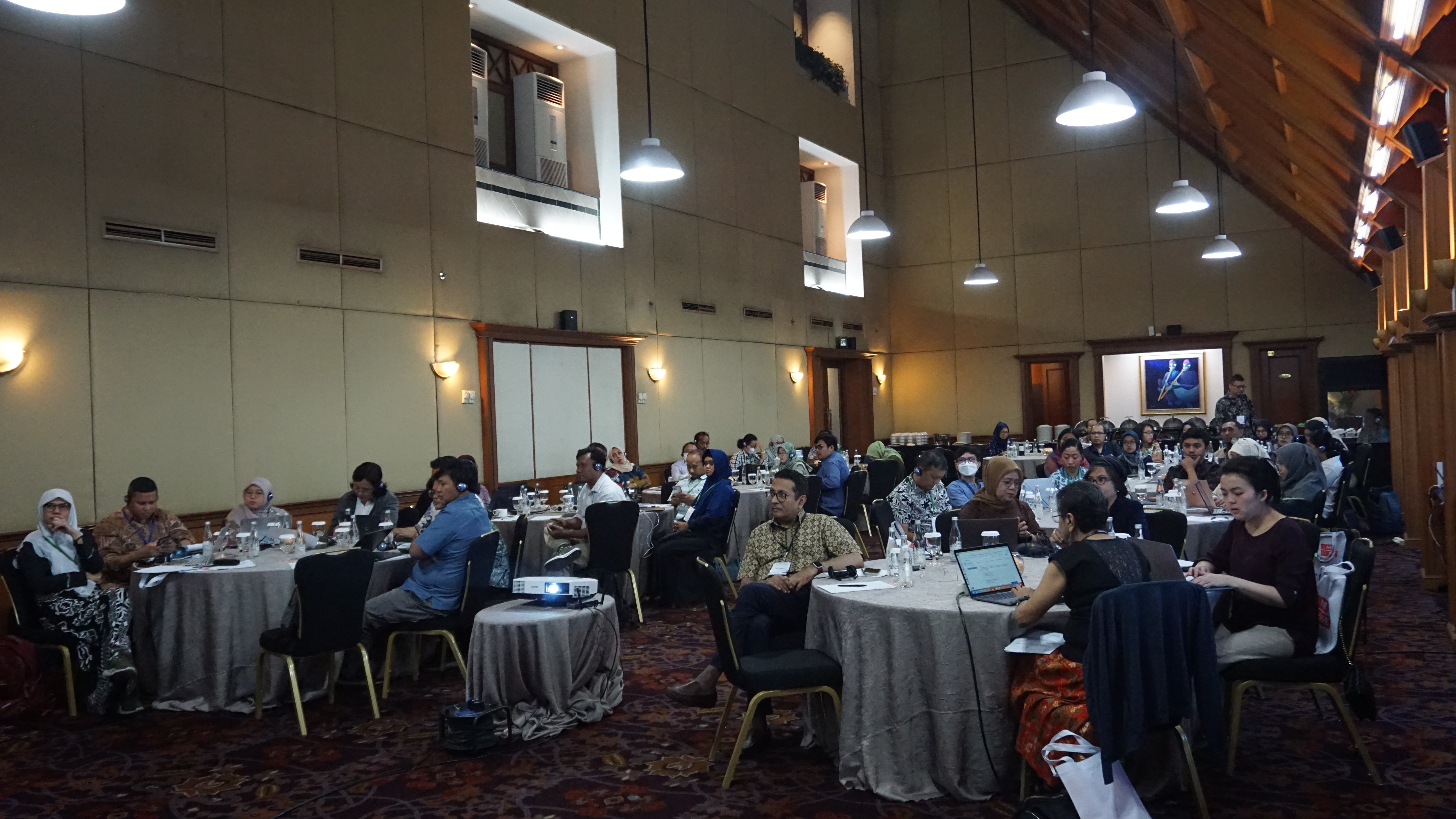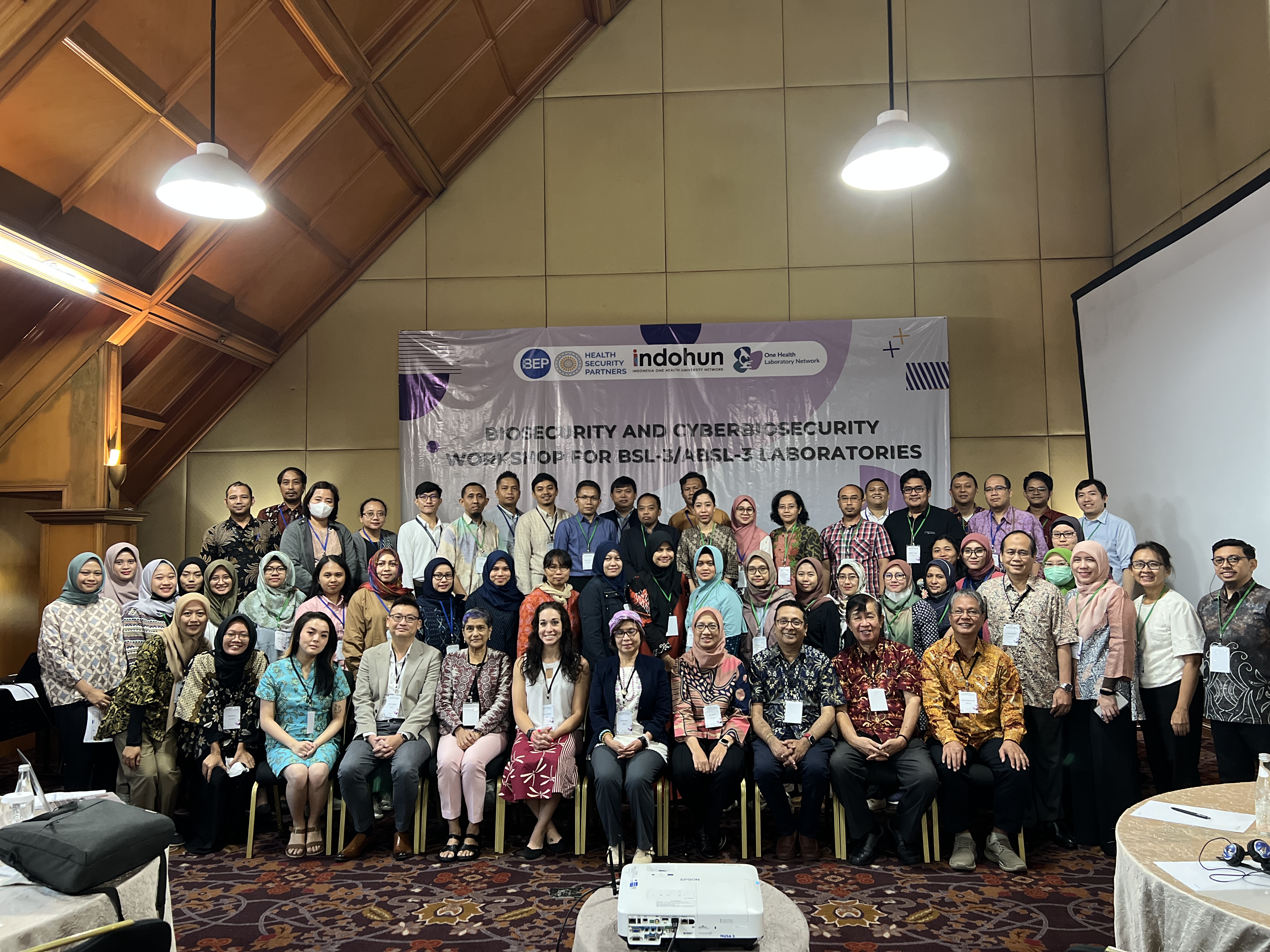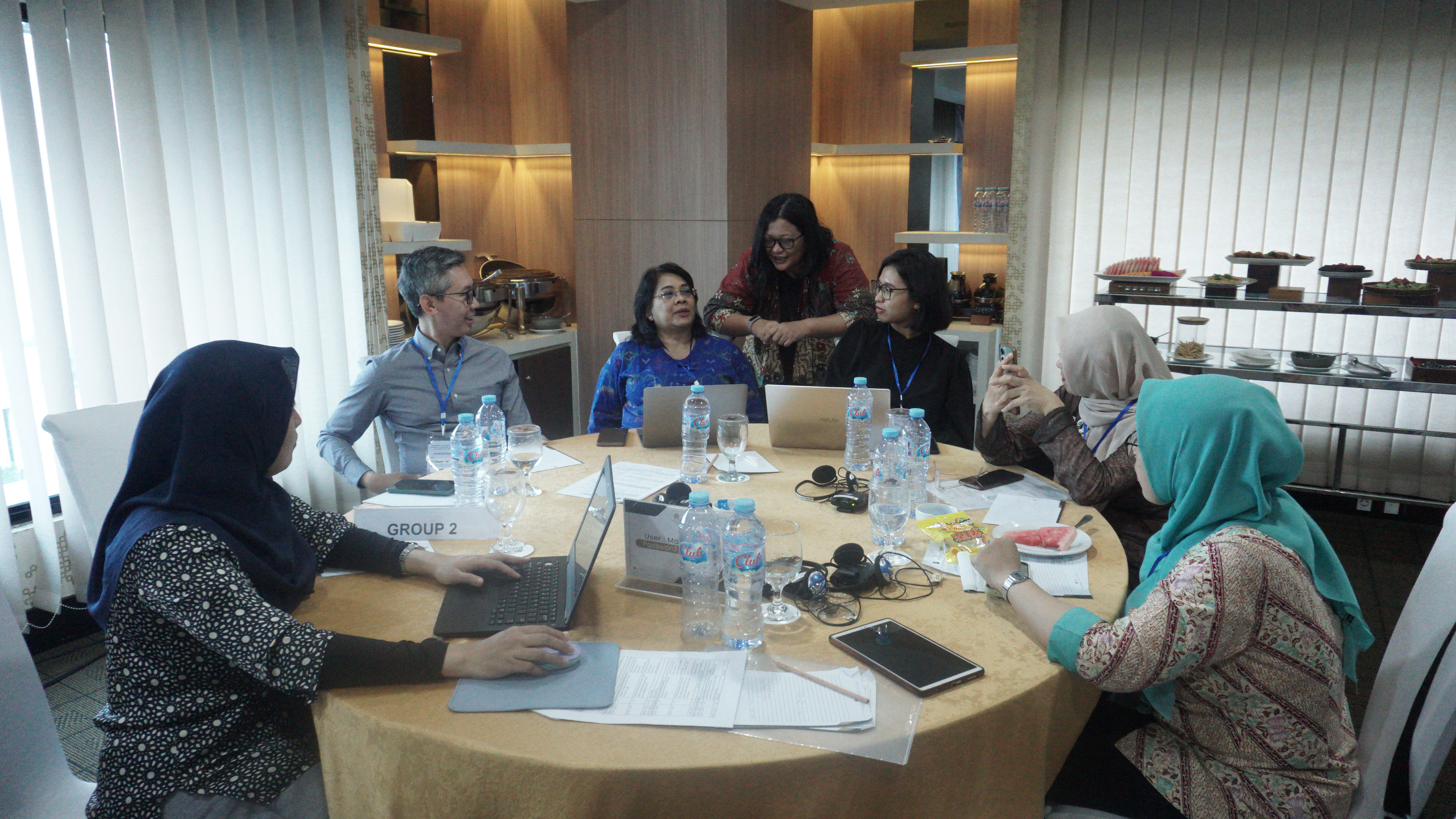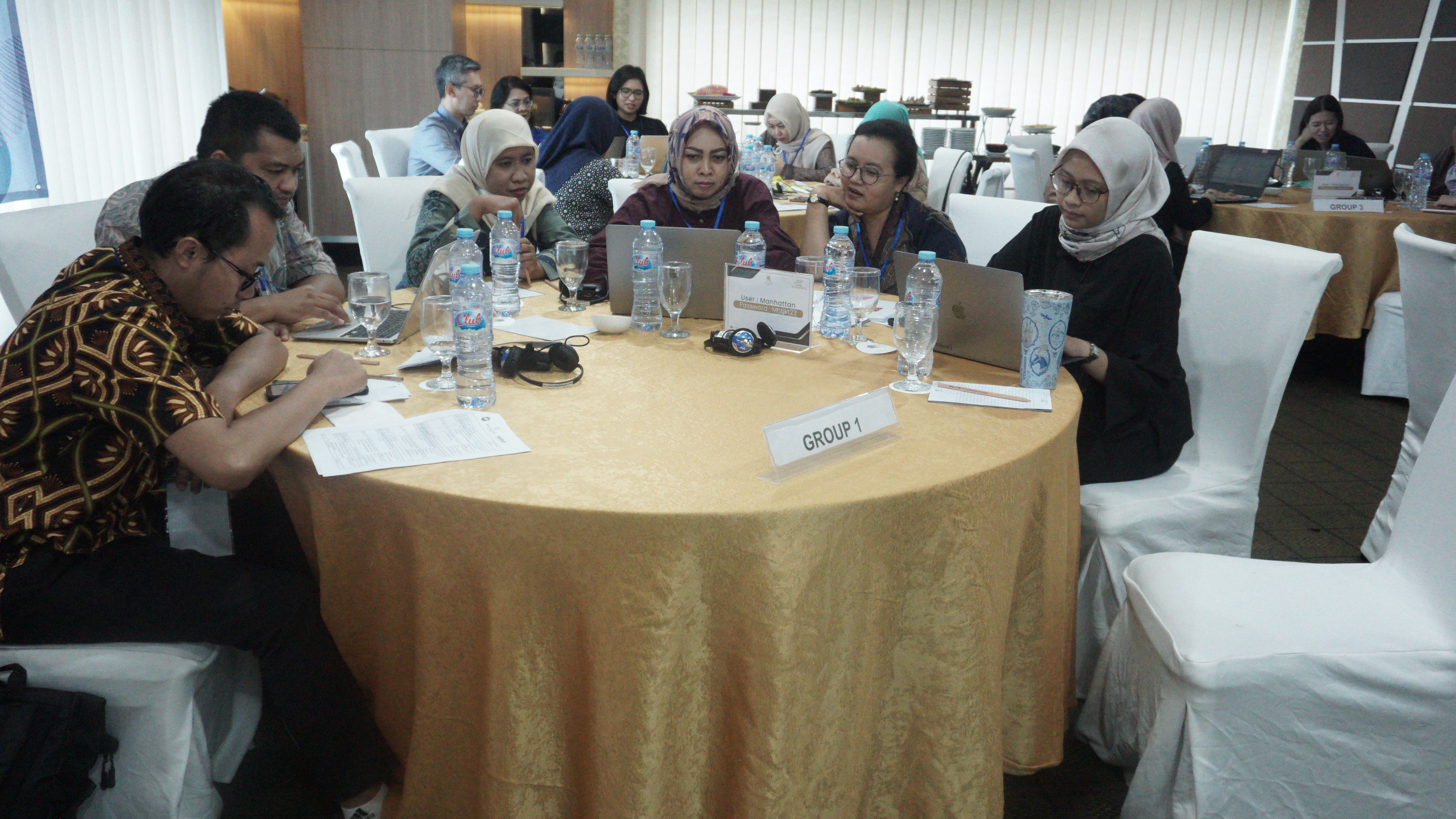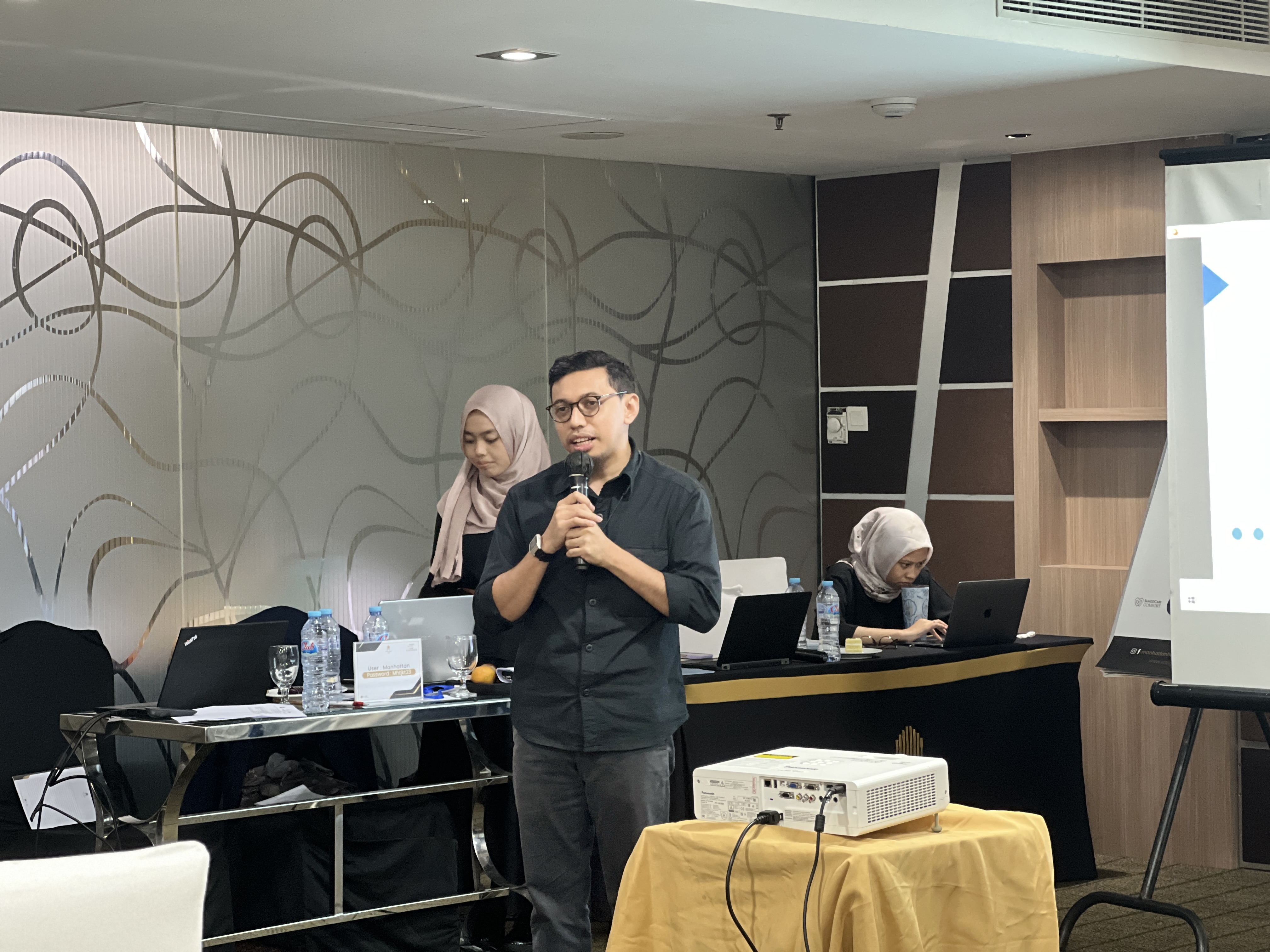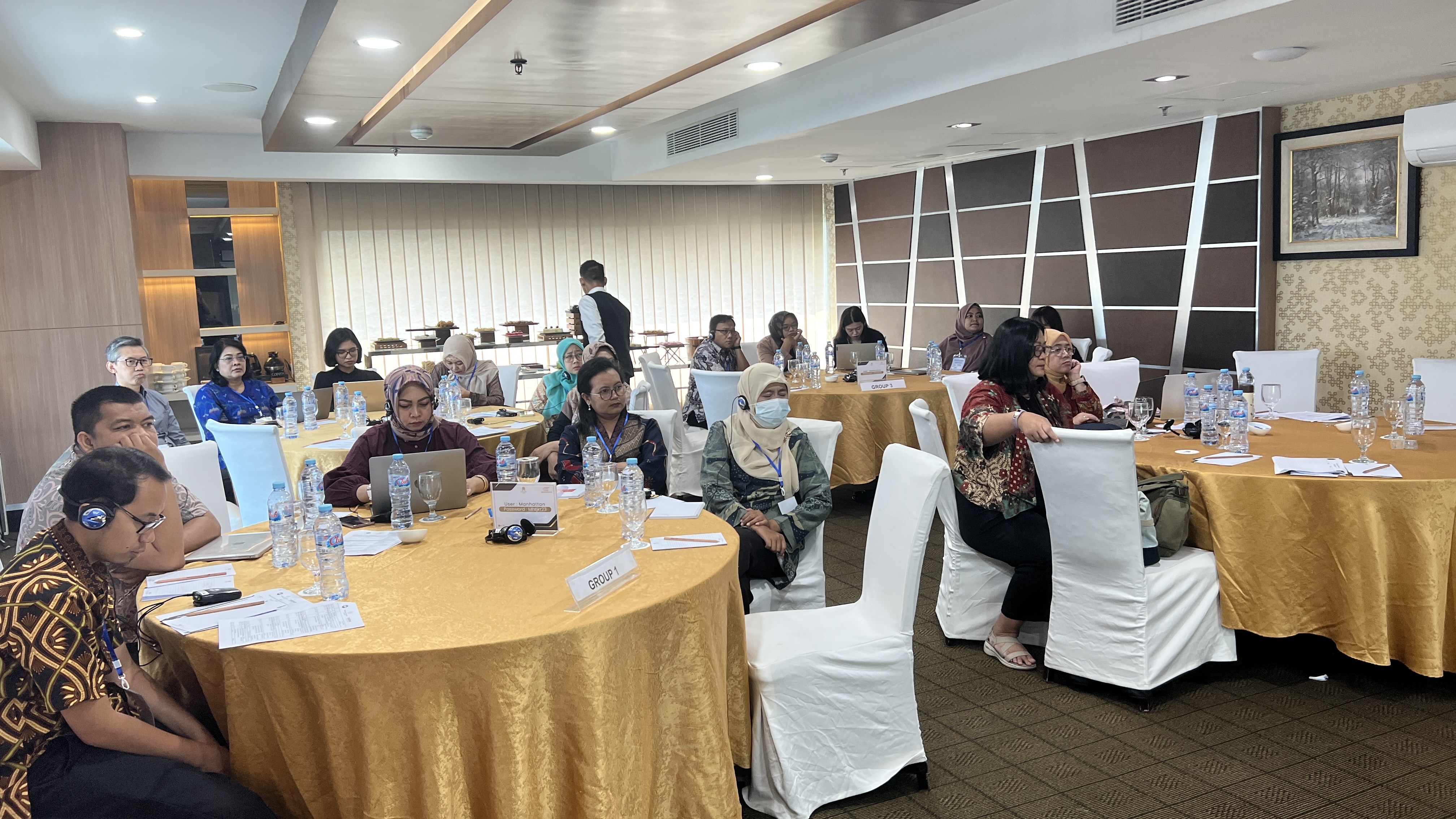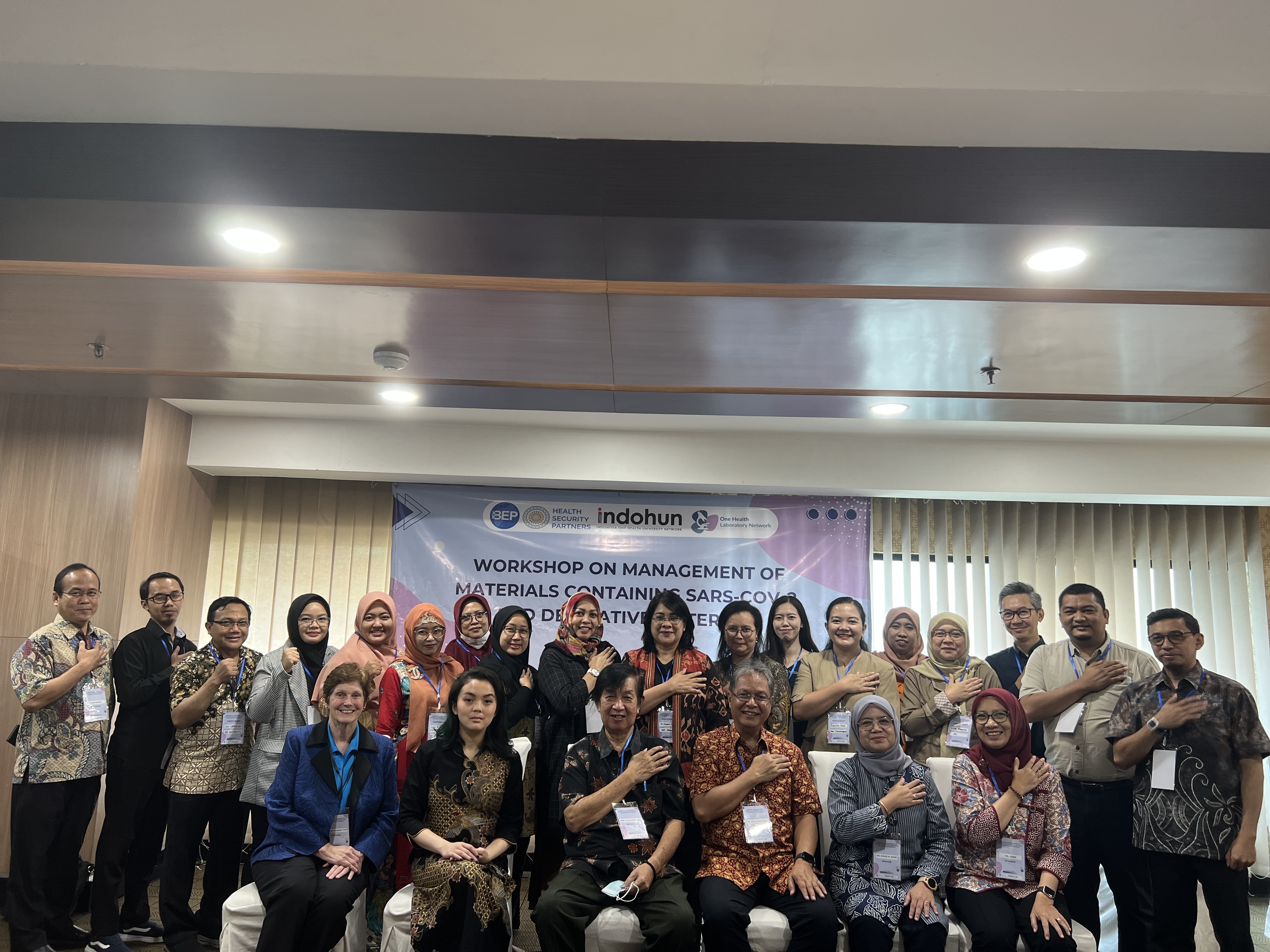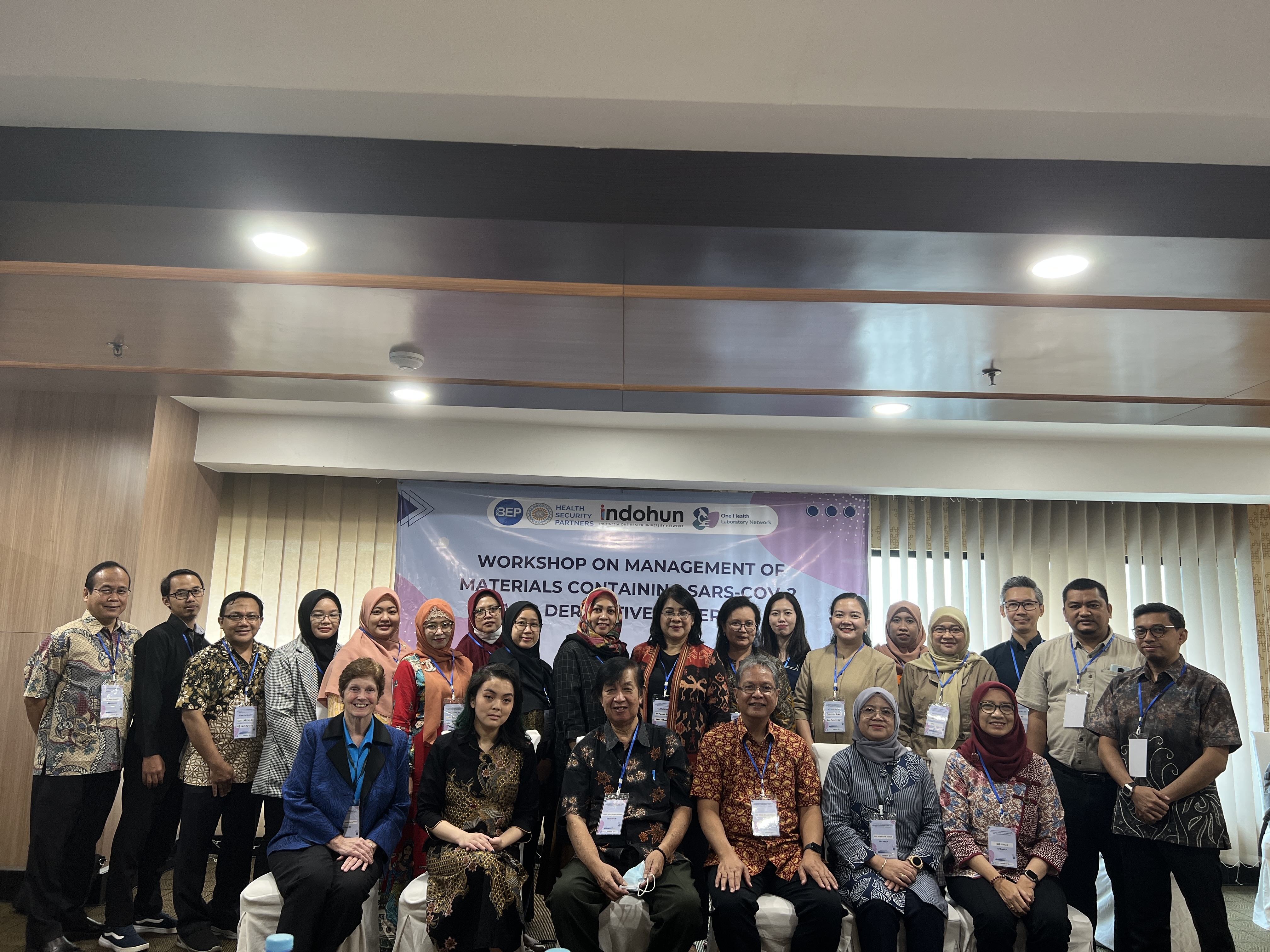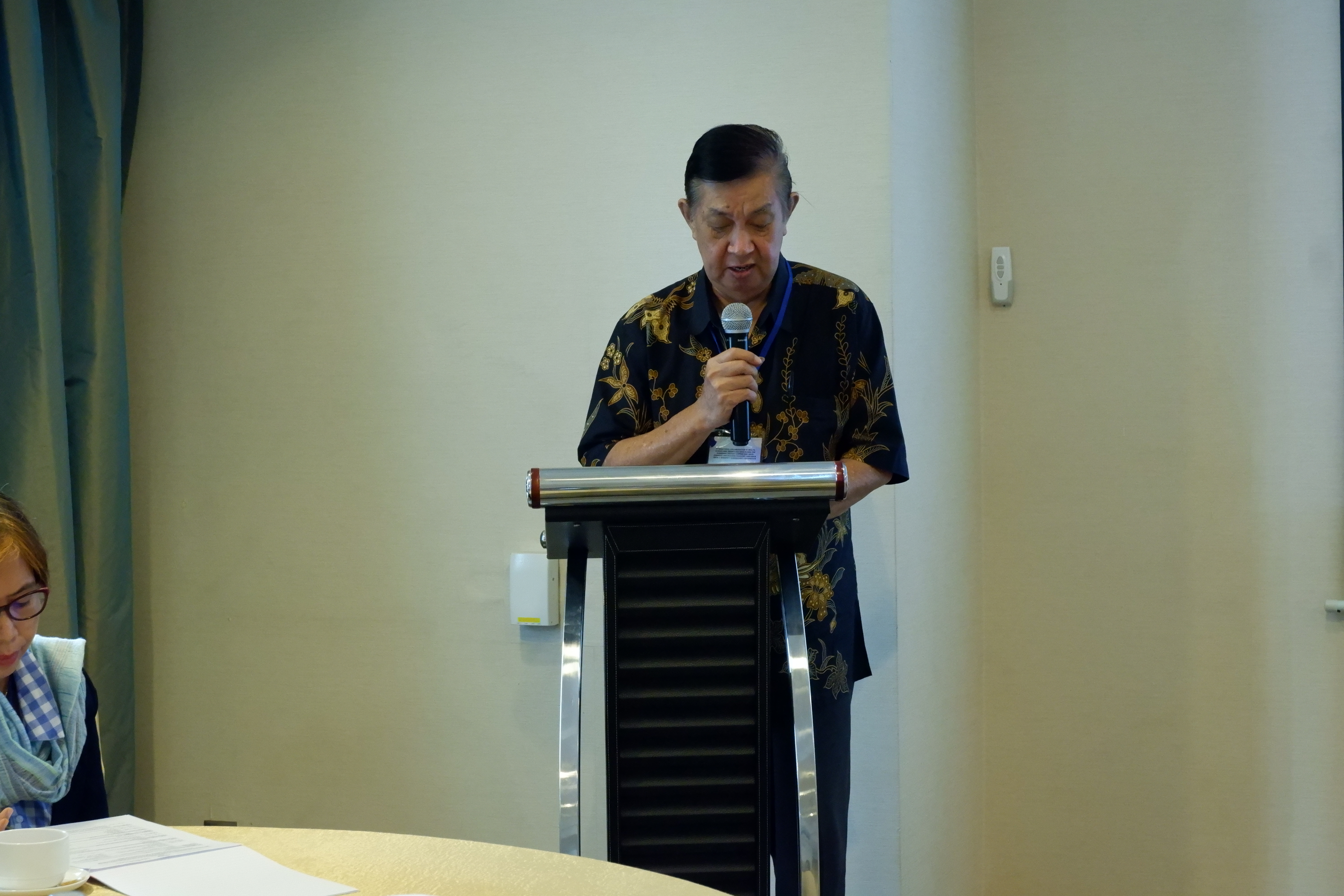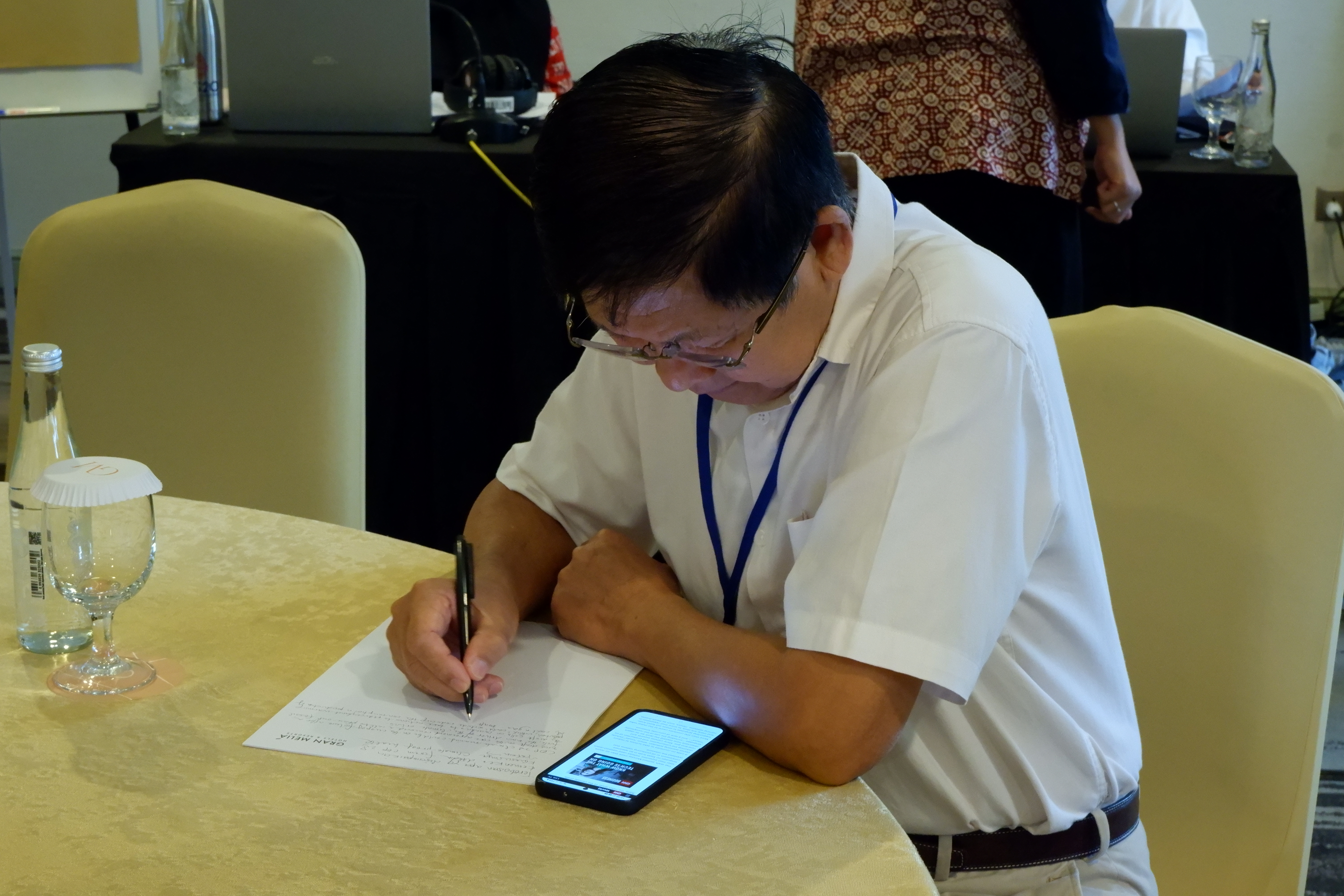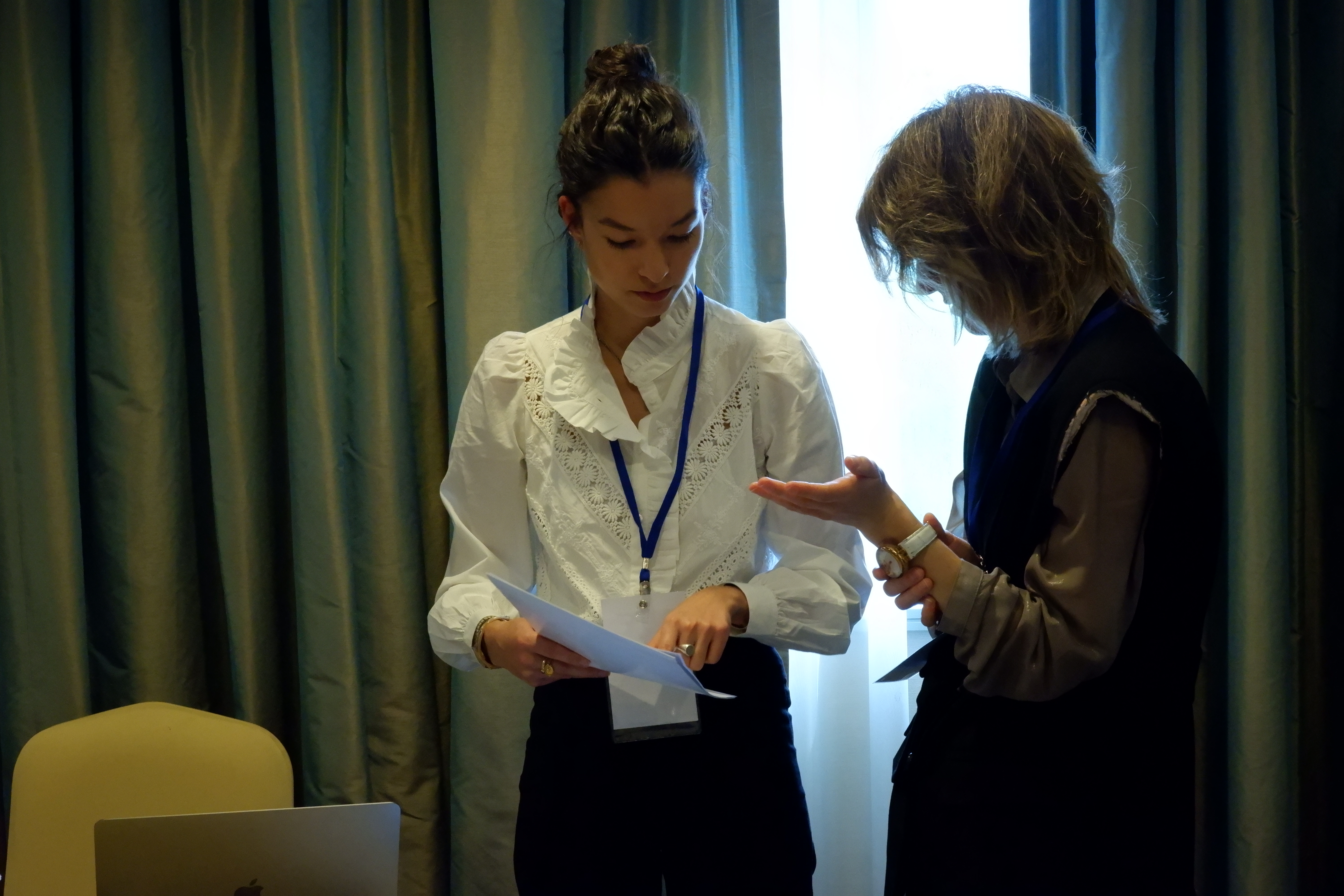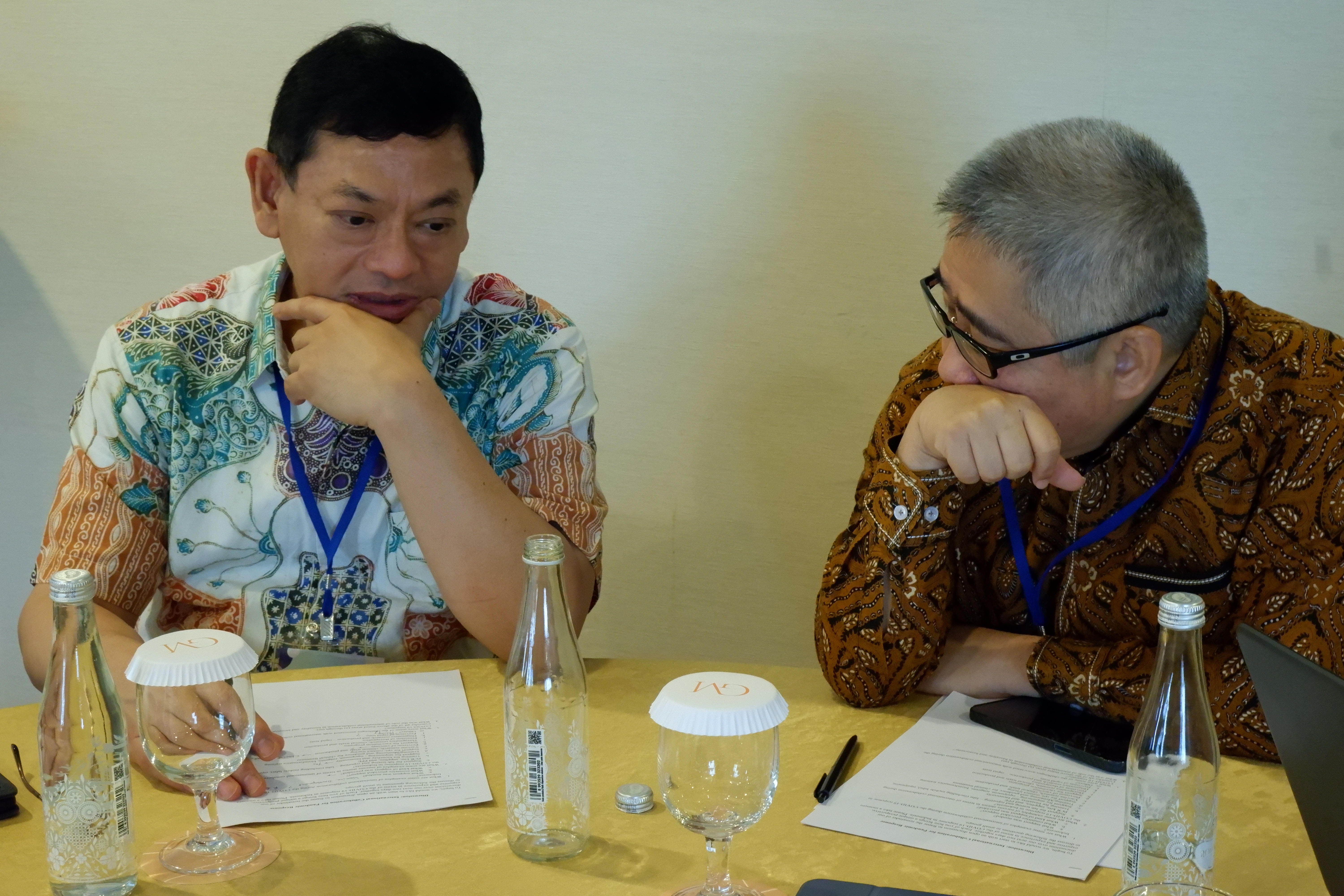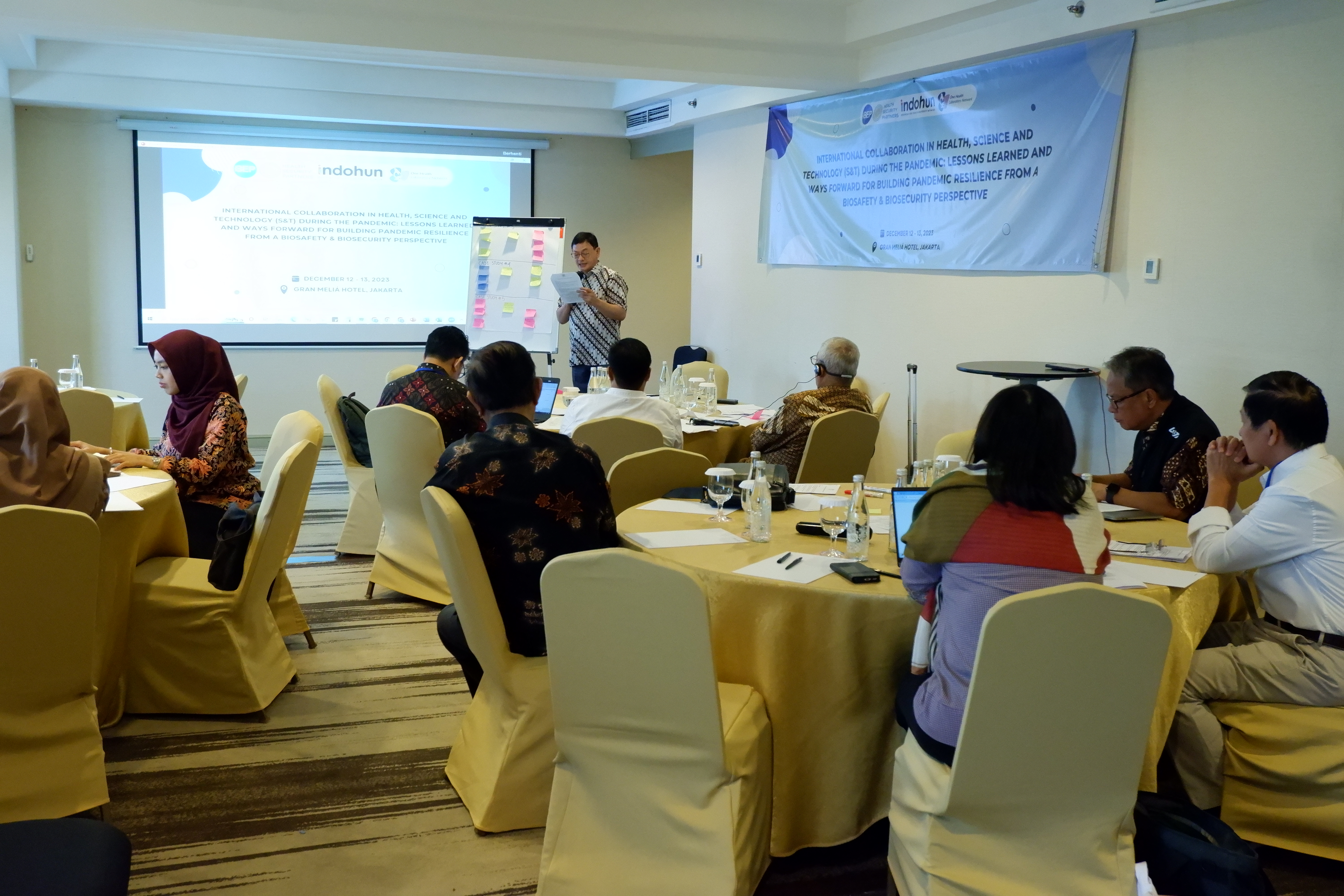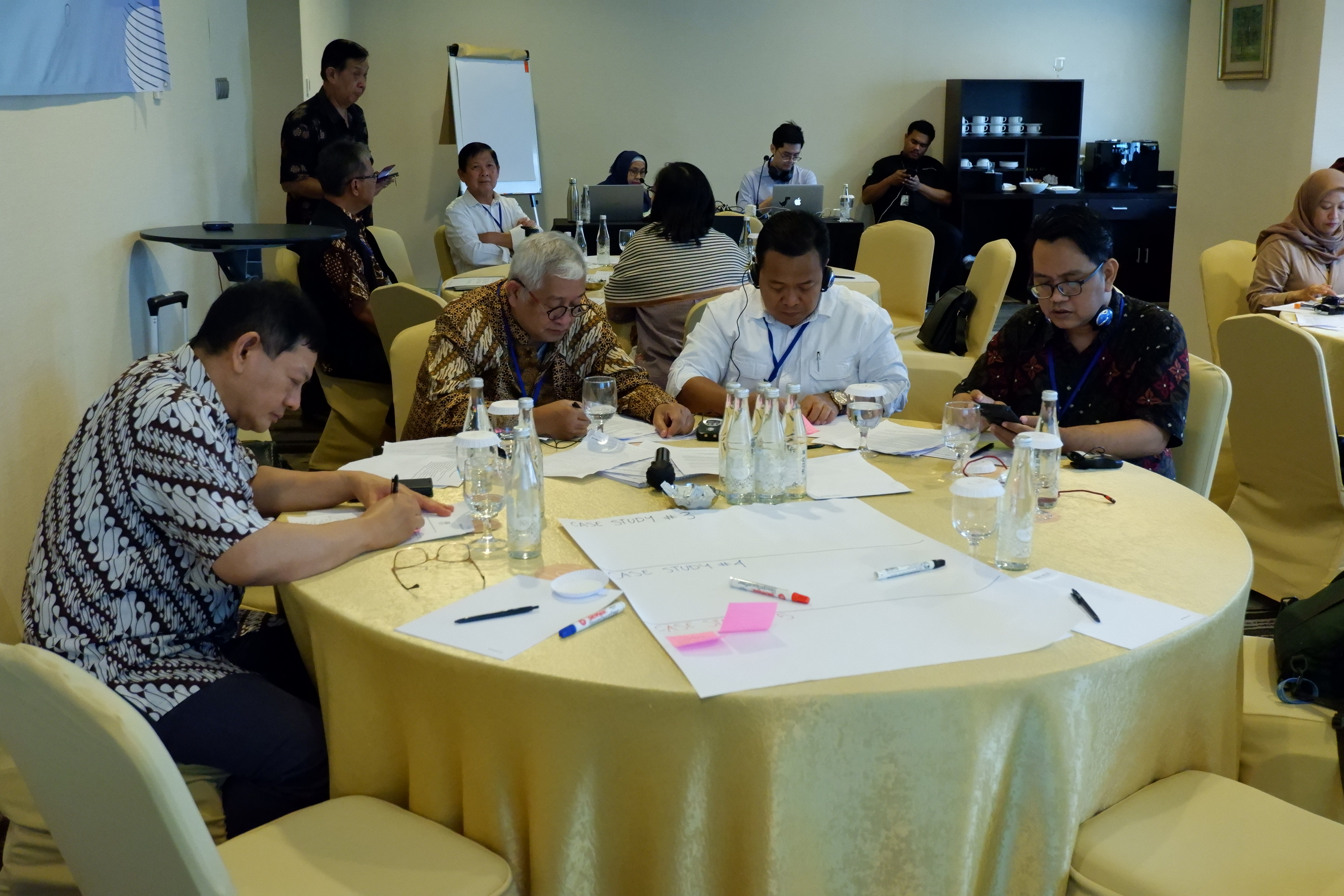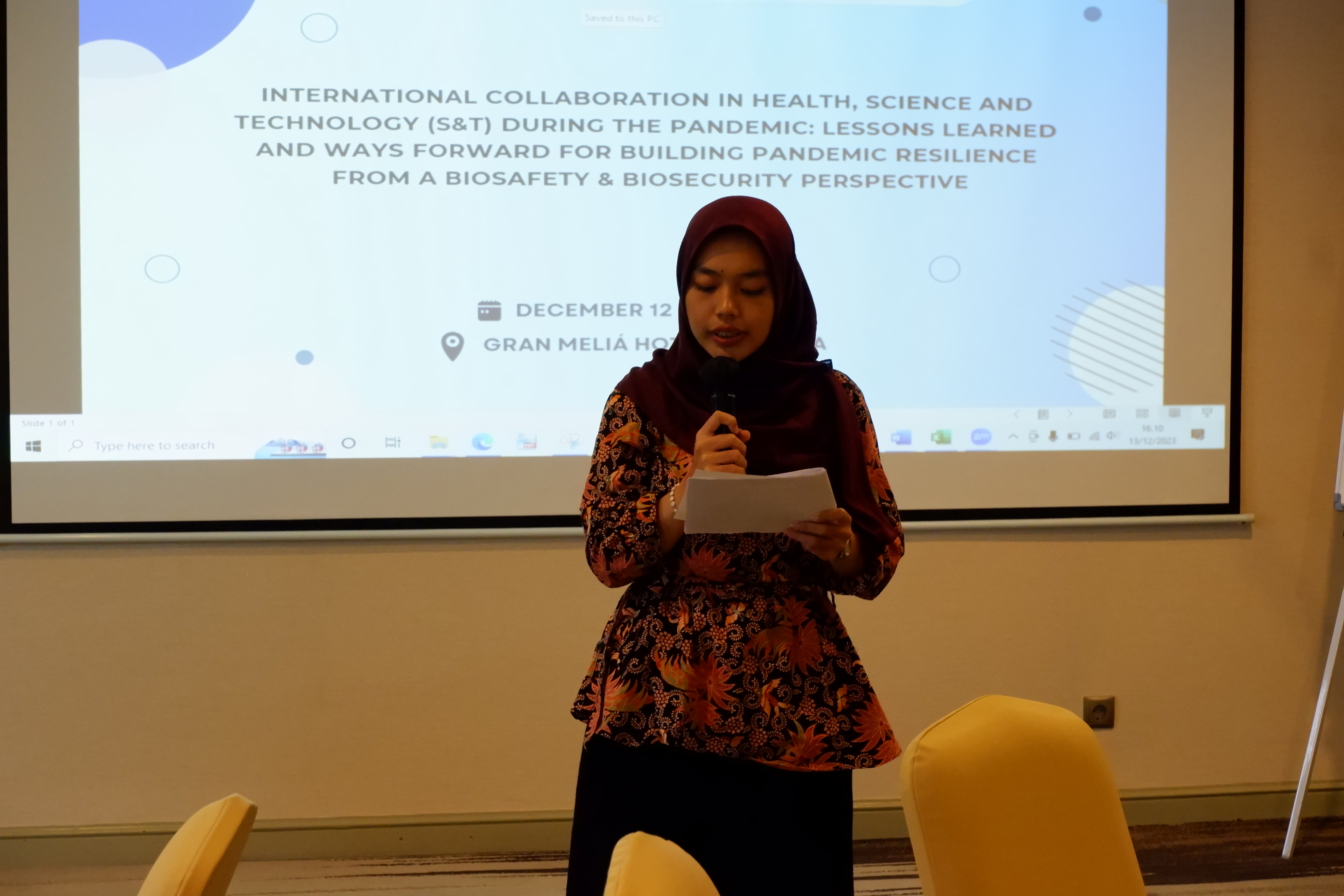US BEP – Health Security Partners
ACCOMPLISHMENTS
US BEP - Health Security Partners
Project 1: GHSA Leaders Fellowship
Year of Implementation: 2020
Project Summary
Indonesia has been a leader in the implementation of the GHSA to increase national capacity to prevent, detect and respond to health security threats.
Despite its demonstrated commitment to GHSA implementation and leadership, the Joint External Evaluation (JEE) performed in November 2017 shows that there are still advances to be made. If more officials in key Ministries have a background in health security issues, they can more effectively support the development of policies, regulations and funding necessary for full GHSA implementation.
The whole-of-government approach requires all agencies to play their part in the full implementation of GHSA action packages, from capacity strengthening to improved cross-sectoral communication and coordination.
Achievements
- Online training (6 months): Global Health Security Leader (GHSA) fellowship for 18 participants from 5 ministries
- Produce recommendations in the form of a policy brief (NAPHS: Action Package Biosafety Biosecurity and Action Package Zoonotic Disease)
- Policy brief of zoonotic disease prioritization (link document here)
- Policy brief of human and animal select agent (link document here)
Donor and Implementing Partner
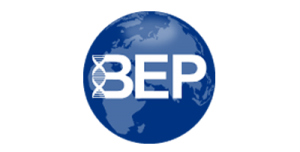
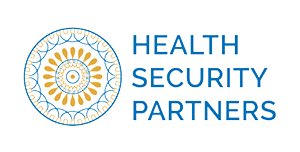
Project 2 : Security Sensitive Biological Agent (SSBA) List and Regulation Development
Year of Implementation: 2018-2023
Project Summary
The Joint External Evaluation (JEE) 2018 recommended the development of national guidelines to update and monitor the high-consequence agents storage system. This has been incorporated in the Rencana Aksi Nasional Ketahanan Kesehatan Indonesia 2020 – 2024 (Indonesia’s National Health Resilience Action Plan 2020 – 2024). As a form of implementation, Indonesia One Health University Network (INDOHUN) – One Health Laboratory Network (OHLN), supported by Biosecurity Engagement Program (BEP) and Health Security Partner (HSP), developed a list of Security Sensitive Biological Agent (SSBA), which contains biological agents with high biosecurity risks that require regulation about management procedures, safety, and reporting in Indonesia. OHLN gathers experts from various sectors to join the discussion and workshop to address the issue related to the determining the SSBA list and its regulatory framework.
Achievement
-
- Established a regulatory framework for short, medium, and long term
- Produced a list of 47 select agents from two workshops with experts and governmental bodies
- Conducted a 4-day virtual workshop on “Outreach Program on Biosecurity Safeguards and Instil Best Practice for Advanced Biotechnology in Universities” for 32 participants from several majors and universities across Indonesia.
Factsheet : https://bit.ly/FactsheetSSBA
Report : https://bit.ly/SSBA_Report
Project 3 : Workshop on Biosecurity and Cyberbiosecurity for BSL-3 laboratories in Indonesia.
Year of Implementation: 2023
Project Summary
This activity is in the framework of increasing security and safety in handling biological materials during investigations or research related to the identification and detection of emerging infectious diseases (PIE) and zoonoses. This activity is also to increase awareness and understanding of effective biosecurity practices and cybersecurity in laboratories that have BSL-3/ABSL-3 facilities to help prevent leakage of harmful agents, protect against cyberattacks, and minimize the risk of environmental contamination or data theft.
Main Activity :
Activity 1: The biosecurity and cyberbiosecurity workshop activities in collaboration with HSP will be held for 3 days attended by 50 participants from agencies that have laboratories with BSL-3/ABSL-3 facilities. During the workshop, participants will receive material on the topic:
- Legislation, guidelines, and standards
- Fundamentals of biosafety and biosecurity
- Facility Design and HVAC
- Risk assessment
- Practices and Procedures (PPE, Waste Management, Decontamination, SOP, Inventory, Emergency)
- Security
- Certification
Activity 2: This activity is a continuation of the previous workshop activities. This follow-up activity is biosafety and biosecurity assessment activities in laboratories that have BSL-3/ABSL-3 facilities at several institutions. The results of the assessment are then followed by granting funds to improve or develop laboratories in institutions.
Report : https://bit.ly/Report_BSL3
Project 4: Workshop on Management of Materials Containing SARS-CoV-2 and Derivative Materials
Year of Implementation: 2023
Project Summary
The emergence of dangerous diseases such as the COVID-19 pandemic has caused awareness of the need to implement biosecurity to increase significantly. Laboratories have a great responsibility in managing and handling pathogenic agents that have the potential to be dangerous to humans, animals and the environment. Realizing this urgency, this activity aims to develop a COVID-19 sample inventory protocol intended for laboratories that examine, store and destroy SARS-CoV-2 samples.
Main Activity :
Activity 1: Workshop
The workshop was held for 2 days with 18 participants from universities. The objectives of the workshop are:
- Increase participants’ understanding of the importance of a safe and secure culture in working with hazardous biological materials.
- Encourage laboratory team collaboration in implementation, address security as a priority, and ensure compliance with established security procedures.
- Increase understanding of new protocols regarding SARS-CoV-2 sample inventory
- Train laboratory personnel in the technical implementation of new protocols related to SARS-CoV-2 sample inventory
Activity 2:
After the workshop, participants will carry out an independent assessment (self-assessment) regarding the SARS-CoV-2 inventory program according to the assessment tool that has been developed. INDOHUN will provide assistance and consultation based on the results of the self-assessment. Next year there will be further activities, namely ToT (Training of Trainers) as needed. Participants who take part in the workshop can train other universities in inventory control not only for SARS-CoV-2 but also for other biological materials.
Project 5: Consultation Meeting “International Collaboration In Health, Science and Technology (S&T) during the Pandemic: Lessons Learned and Ways Forward for Building Pandemic Resilience from a Biosafety & Biosecurity Perspective”
Year of Implementation: 2023
Project Summary
This consultation meeting is designed as a collaborative platform for experts, practitioners and relevant stakeholders to share knowledge, experiences and innovative ideas in an effort to identify the successes and challenges of international collaboration during the COVID-19 pandemic as seen from a biosafety and biosecurity perspective. This meeting is part of a collaborative effort to support global initiatives in prevention, preparedness and response to future pandemic events. It is hoped that this Consultative Meeting on “International Collaboration In Health, Science and Technology (S&T) during the Pandemic: Lessons Learned and Ways Forward for Building Pandemic Resilience from a Biosafety & Biosecurity Perspective” will produce input and ideas about maintaining collaboration internationally to strengthen biosafety and biosecurity and achieve national and regional goals in building pandemic resilience.
Main Activity :
The consultation meeting invited 16 participants from universities, government, private companies and a team of experts. The workshop activities aim to:
- Discusses international support during the handling of the COVID-19 pandemic and lessons that can be learned in aspects of implementing biosafety and biosecurity.
- Discusses the opportunities and risks associated with international collaboration in the fields of health, science, and technology.
- Discusses steps that can be taken to build future pandemic resilience, applying biosafety and biosecurity lessons to future international collaboration in pandemic preparation and response.
